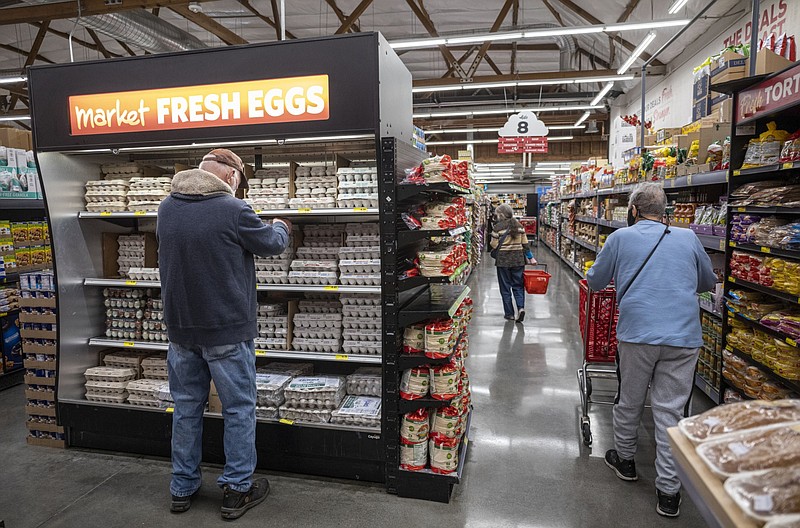Egg supplies are likely to remain tight even as one of the worst-ever bird flu outbreaks shows signs of slowing, according to Cal-Maine Foods Inc., the biggest U.S. producer.
Prices for large eggs in the U.S. have surged to a record high of over $3 a dozen after an outbreak of avian flu beginning in January resulted in the deaths of more than 30 million commercial and wild birds.
Cal-Maine said in an earnings statement that its egg sales for the quarter that ended May 28 were up 6.3% by volume, with sales of specialty eggs including cage-free rising by 32% to a record while conventional egg sales declined by 3.5%.
With Cal-Maine, which accounts for about a fifth of the U.S. egg market, having no positive cases of bird flu so far at its farms, the company got a boost with its fourth-quarter earnings of $2.25 per share, topping the consensus analyst estimate of $1.89.
While there have been no bird flu outbreaks in commercial flocks since early June, "outbreaks may recur, and supply is expected to be lower until the flocks are repopulated," the company said.
Bird flu "seems to be in the rear-view mirror for now with the change in temperatures," Stephens Inc. analyst Ben Bienvenu said in a note. "Now the industry grapples with substantial supply shortages, resulting in record high prices for eggs."
Cal-Maine shares rose as much as 3.3% Wednesday in New York.
